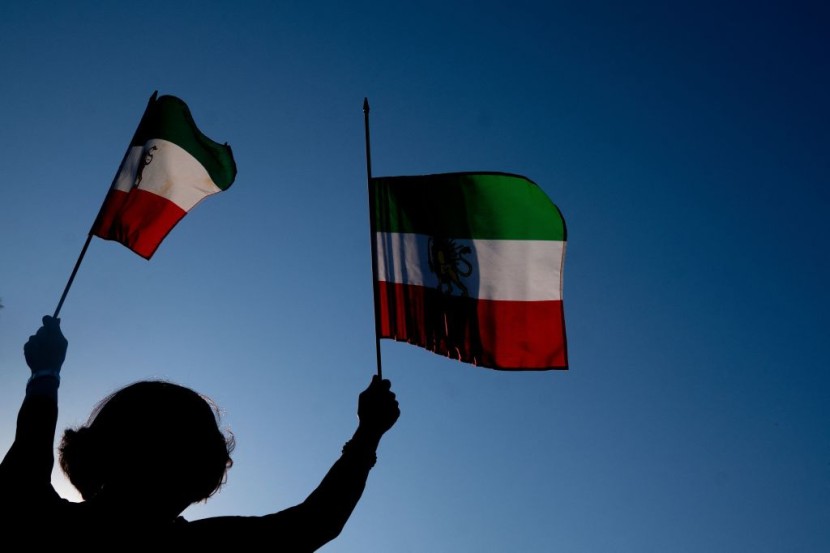
The conflict between Iran and Saudi Arabia has been going on since the suspension of ties in 2016. However, it has recently shown signs of mending as officials agreed to re-establish relations on Friday.
The timeline of the disagreement began on January 2, 2016, when Saudi Arabia ordered the execution of nearly 50 people, including prominent Shi'ite Nimr al-Nimr. Following this, protesters in Tehran stormed the Saudi embassy, and Shi'ite Iran's top leader Ayatollah Ali Khamenei said there would be "divine vengeance" for the execution of Nimr.
Iran and Saudi Arabia Conflict
The next day, Saudi Arabia authorities officially cut ties with Iran over the controversy. Nearly a week after the first incident, on January 7, 2016, Iran accused Saudi Arabia of conducting air strikes on its embassy in Yemen, which Saudi officials claim was propaganda.
A few months after that, on May 29, 2016, Iranian officials ordered the ban of pilgrims from attending the yearly Muslim haj pilgrimage. As per Yahoo Finance, they blamed Suadi Arabia for alleged "sabotage" and for failing to guarantee the pilgrims' safety.
On the other hand, Saudi Arabia officials blamed Iran on September 14, 2019, for attacks on its oil installations that knocked out half of its overall supply. However, Iran has denied involvement in the incident as the Houthi group, an Iran-aligned organization in Yemen, claimed responsibility for the attacks.
The Iranian military commander at the time, Qassem Soleimani, was killed on January 3, 2020, by a United States drone strike in Baghdad. After more than a year after that incident, on April 9, 2021, Iran and Saudi Arabia held their first direct talks since the end of relations, which was hosted in Baghdad.
However, on March 13, 2022, Iran decided to pull out of negotiations ahead of a scheduled fifth round of talks and did not say why. The decision was made a day after mass executions in Saudi Arabia that activists believe involved 41 Shi'ite Muslims.
Read Also: Russia-Ukraine War Update
Re-establishing Official Relations
Now, the two sides meet once again in an attempt to reopen their embassies within two months in a deal that the Chinese government mediates. According to CNN, it was announced in a joint statement by the two nations after talks in Beijing on Friday.
Furthermore, officials plan to reimplement a security pact signed 22 years ago, where both parties have agreed to cooperate on various matters, such as terrorism, drug smuggling, and money laundering. They also plan to revive an old trade and technology deal from 1998.
The latest announcement is also seen as a diplomatic victory for Beijing in a Gulf region that has long been considered part of the United States' domain of influence. It also comes as US President Joe Biden's administration is trying to increase its victories in the Middle East by trying to broker a normalization pact between Israel and Saudi Arabia.
Iranian state television said that after implementing the decision, the foreign ministers of Iran and Saudi Arabia would meet to prepare for an exchange of ambassadors. Al Jazeera reports that China's most senior diplomat, Wang Yi, congratulated the two countries' "wisdom" for agreeing to the talks.
Related Article : Hamburg Shooting Update
© 2025 HNGN, All rights reserved. Do not reproduce without permission.








